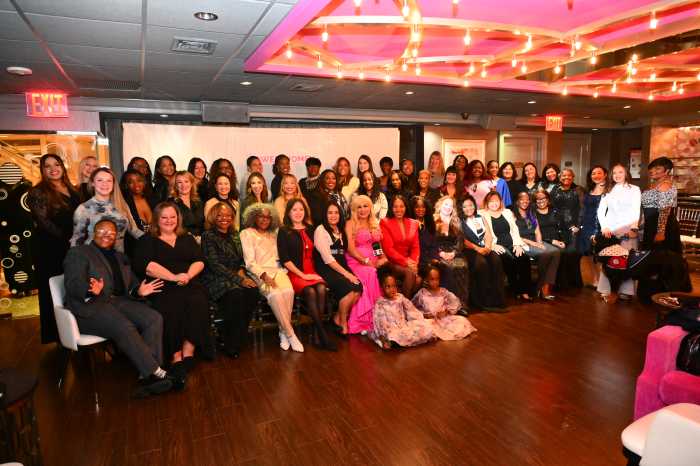By Patrick Donachie
Erica Ford and LIFE Camp Inc., the organization she founded, work in a designated impact zone in South Jamaica, trying to keep the area free from gun violence. LIFE Camp covers the area from 146th Street to Guy R. Brewer Boulevard, between 111th and 118th Avenues. And its approach is clearly working: There hasn’t been a shooting in the impact zone in more than 500 days.
Ford’s views on how to combat gun violence in her community have been lauded by many. Former Mayor Michael Bloomberg, Rev. Al Sharpton and hip-hop artist Russell Simmons have all celebrated Ford and her work. In the aftermath of the 2012 Sandy Hook shootings, Ford was selected to be a part of a gun-violence task force established by President Barack Obama and headed by Vice President Joseph Biden.
Ford said her approach is holistic and her group views violence as a public health crisis that could metastasize throughout communities. Ford said such violence could beget more violence, leading to catastrophic consequences.
“It builds up and causes this whole mental imbalance. We look at it as a disease because we need to provide medicines to help cure it,” she said. “Because you’re not releasing these things from you, they harbor and they fester and they grow inside you.”
Erica Ford has lived in Jamaica since she was five years old, and can recall the toll gun violence has had on her community. In 2002, she began LIFE (Love Ignites Freedom through Education) Camp Inc. to offer positive encouragement and tools for youth in the city to thrive. The organization runs “Urban Yogis,” which promotes yoga practices in South Jamaica and holds support meetings for families and individuals affected by gun violence.
LIFE Camp also supplies job training and resume development for community members, and will also travel to crime scenes or hospital bedsides in an attempt to avert retaliation after a shooting has occurred.
“It’s helping them to see a different route in their journey called life,” she said. “We want to keep people in a sense of calm in a very uncalmable situation.”
Ford said she was excited that LIFE Camp was working at detention centers and “Close to Home” facilities, which allow juvenile offenders to be placed in the care of the Administration of Children’s Services. Ford said it was essential to reach youth at an early age and to offer a helping hand as an alternative to anger and disappointment.
“If you’re looking at it in such a way, you don’t look to criminalize,” she said. “You look to heal.”
Reach reporter Patrick Donachie by e-mail at pdona


































